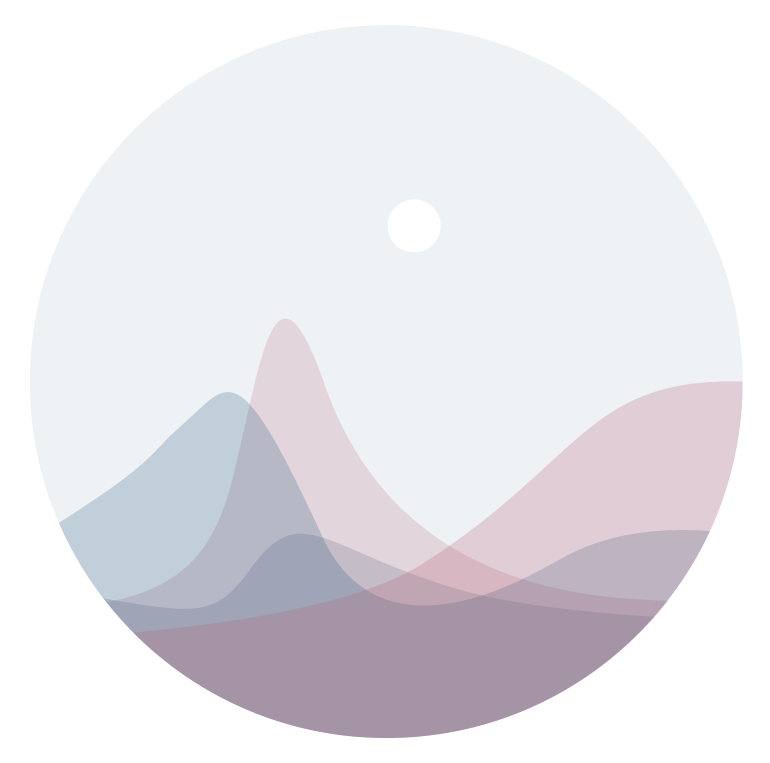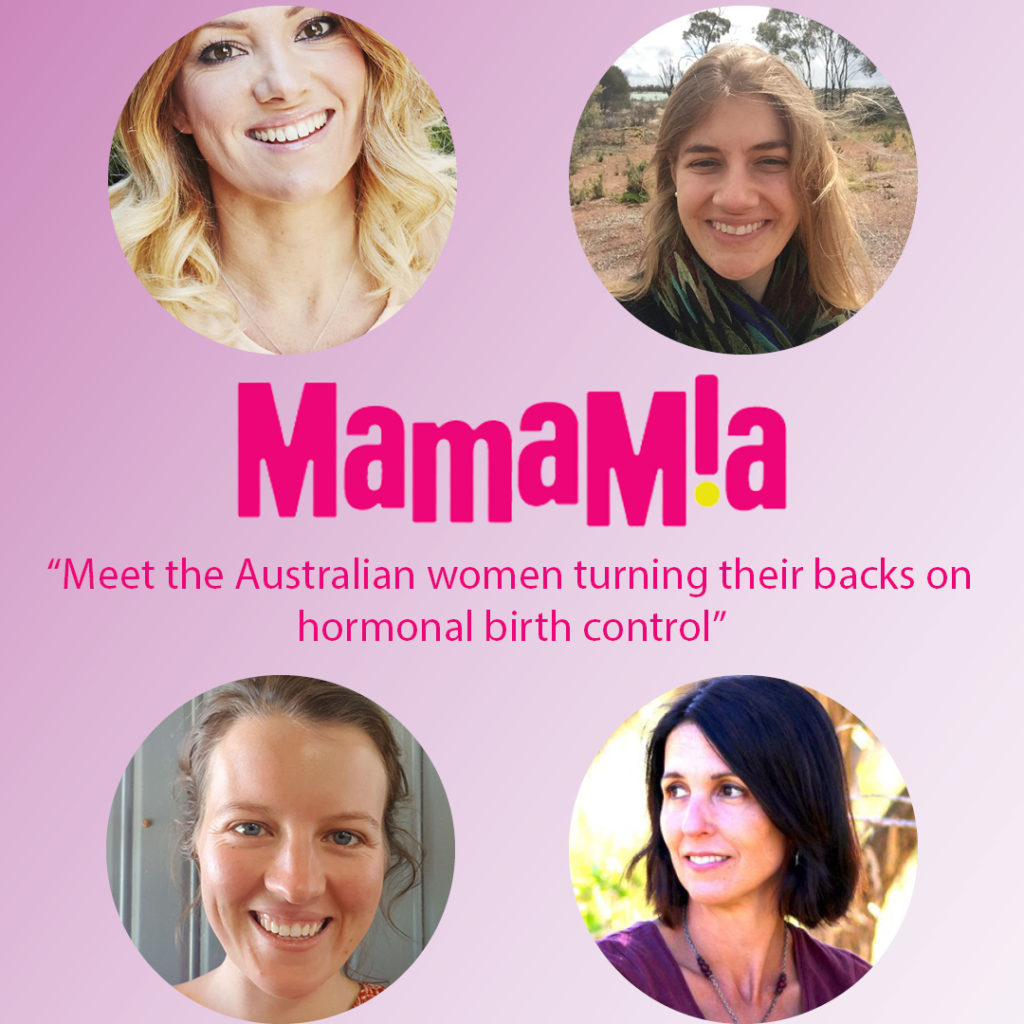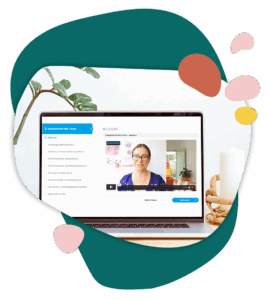“I was diagnosed with PCOS, hypothyroidism and Hashimoto’s after 9 months of charting”
This week I chat with Liza Patterson Blake on how the Symptothermal Method played a role in getting a diagnosis of PCOS, hypothyroidism and Hashimoto’s. Liza also shares how having a doctor as her father actually encouraged her to think critically about her contraceptive choices and lead her to discover Fertility Awareness in 2017.
Join the conversation!
Some of the links in this article are affiliate links, meaning, at no additional cost to you, I may earn a commission if you click through and make a purchase. For more information, please read the Advertising & Affiliates Policy here.
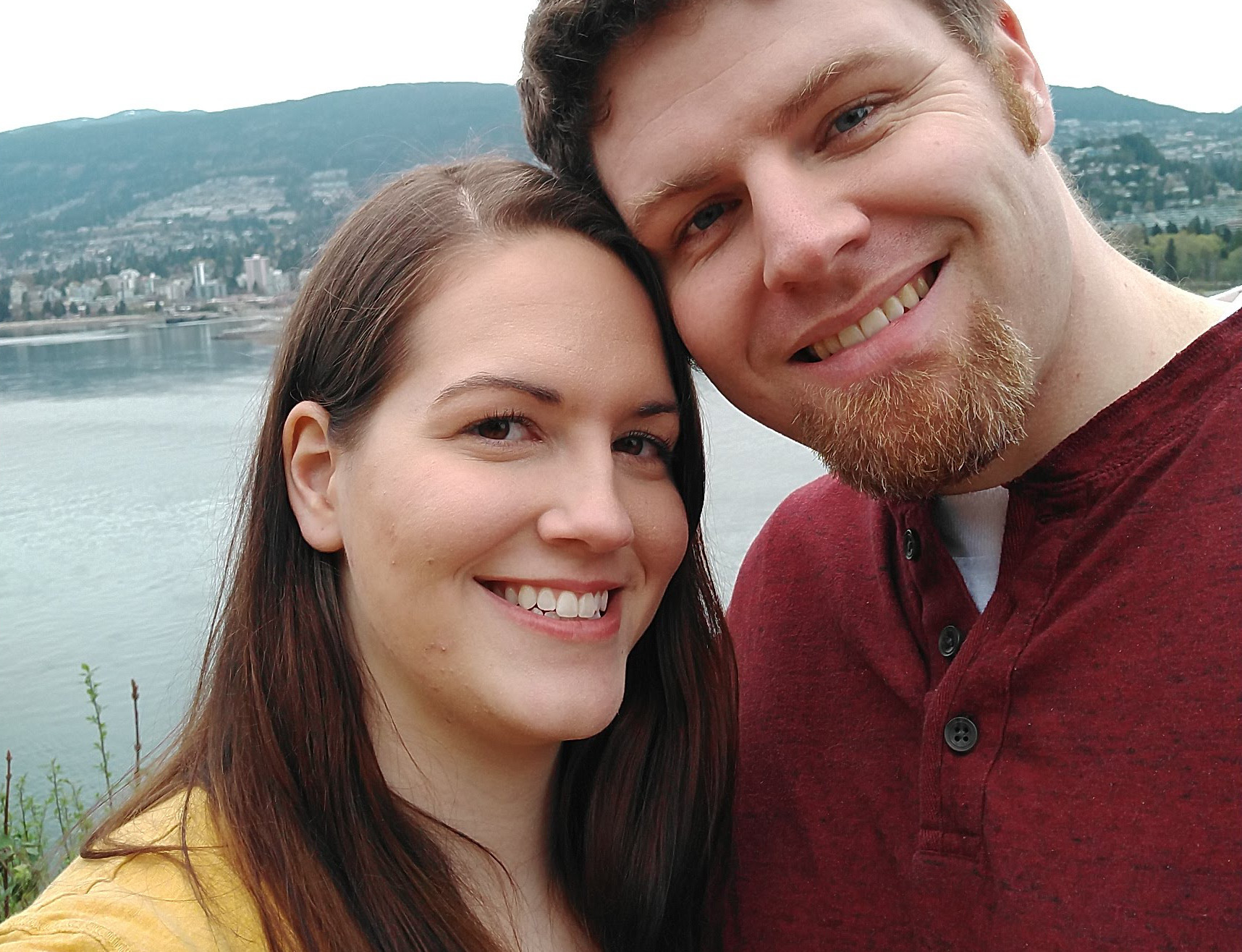
Liza, thanks for catching up! Can you tell us a little about yourself?
I’m Liza, a woman in my mid-twenties and I currently live near Seattle, Washington. I’ve lived in a lot of places both in and out of the United States, and I claim Alaska as my true home. I have a Management Information Systems degree, and I absolutely love data, statistics, math, research and science. In my everyday life I love reading, writing, going to nerd conventions, horseback riding, hiking, exploring the world, crafting and coding. Fertility Awareness for me is really about having all of the data, and it’s even helped me to get enough data to discover that something was wrong with my body. I’ve been diagnosed with PCOS, hypothyroidism and Hashimoto’s disease. As someone whose two biggest medical problems in life had been 4 stitches in my eyebrow and being numbed for wisdom teeth removal, it was a bit of a surprising discovery to make!
Growing up, did you have any awareness of natural methods of contraception?
Honestly, I didn’t know a ton about different methods of contraception. So no, I didn’t know anything about natural contraception other than hearing “NFP” a few times in books, etc.
[NFP stands for Natural Family Planning – Fertility Awareness-Based Methods that require abstinence during the fertile window]
What was your experience of the school education system on reproductive health?
I was really lacking in knowledge of female reproductive health until I was in my twenties. I knew basics, and I actually thought that I knew a lot. Looking back now, I had almost no idea about reproductive health in general but I did know quite a bit more than my friends. I took my health class in high school through distance ed, and I do think that I have that to thank for the knowledge that I did have – my schoolmates definitely didn’t learn as much in their classes as I did in mine.
What led you to discover Fertility Awareness?
I was introduced to the concept that there’s a whole world of science out there for us to discover by my dad who is a doctor! When I was a kid, he always encouraged me to be aware of what my body was telling me because of my diet, sleeping and exercise habits. I was taught that there’s a time for medicine and there’s a time for our bodies to lead themselves where they should go. While he didn’t ever talk to me about Fertility Awareness, he did instill the thirst of body awareness into me which definitely helped to prepare me for my discovery of Fertility Awareness. My mom mentioned natural birth control to me one time around when I graduated from college, and that’s when I started to look into Fertility Awareness options, but I did research about it on my own.
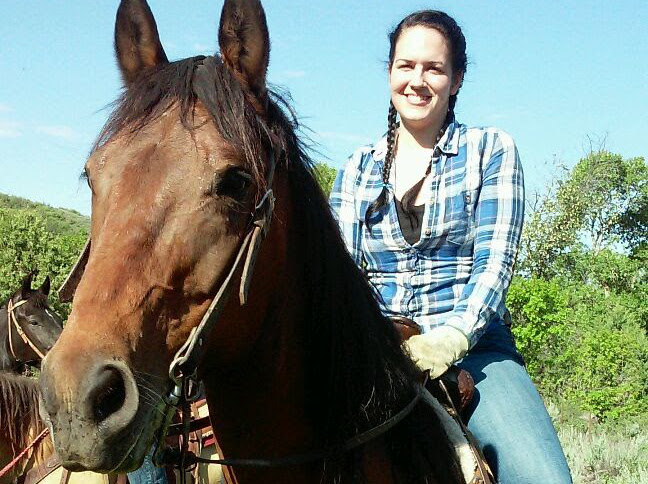
What ultimately made you decide to choose to use a FABM instead of hormonal birth control/IUD?
When I was 23 I caved to what some doctors had been telling me for years – that hormonal birth control would “solve” my irregular cycles, dizziness, nausea, headaches, heavy bleeding, pain, unwanted hair growth, acne, and everything else that was making my life harder to live. I hated how they made me feel: physically, mentally, emotionally. I do think it was the first time I had 2 “cycles” (I know better than to call them cycles now) in a row that were 30 days each in my entire life. I decided to take things into my own hands and did the research (one of my favorite things to do). The science is way more open to me than any form of hormonal birth control because I have the control. That really helped me to jump in and get involved in Fertility Awareness.
What was your learning process like?
I have learned Fertility Awareness through a ton of study – studying books, articles, peer-reviewed papers and example charts. I started practicing Fertility Awareness in July of 2017. While I’m good at learning from technical information, I find that my cycles are irregular because of my PCOS and hypothyroidism, so I’m looking into taking a class where I can really focus on this and learn more specifically about my body.
What was the most surprising thing you learned about your reproductive system by learning a FABM?
Before I started learning about Fertility Awareness, I had absolutely no idea what different types of cervical fluid meant! I was so delighted (I’m such a nerd lol) to learn that they were actually indicators of what was happening inside of my body. I love data like that.
Did you encounter any challenges in your journey?
I’m so lucky to have my husband on board with this whole process – he loves that I am proactive about my health (sometimes he might think I’m a little too excited). However, he currently has no interest in learning absolutely any of the things that I know. It’s really frustrating to me because if I could know every piece of information available in the world, I would love to have it all…whether it’s relevant to me or not. He has learned a little, even if he doesn’t want to admit it. I also was diagnosed with PCOS, hypothyroidism and Hashimoto’s after about 9 months of charting, but it was one of the most difficult processes that I’ve been through. I went to my doctor with the suggestion of PCOS. He told me that I couldn’t have PCOS because the hair on my neck was just because of my genes and my cycles are only irregular because I’m overweight (I gained 35 pounds over 4 months with no lifestyle changes and haven’t been able to lose it no matter what I do, but the doctor was unwilling to consider that to be a symptom of something wrong in my body). I was so glad that my dad taught me that not every doctor was meant to be my doctor; if I thought that, I would have just stopped at this point and lived without a diagnosis. But I persevered and found another doctor. She took one look at me and the list of symptoms I had provided, including that I knew that I didn’t ovulate every time I bled because I practice Fertility Awareness, and told me she was almost certain that I had PCOS and she wanted to get to the bottom of it. When the first set of blood tests came back inconclusive, she ordered the ones that she would have had the first tests come back with abnormalities. The second set of blood tests found both problems – had she stuck to the routine blood tests, I would have remained without a diagnosis. Getting these diagnoses has really helped me know what to look for while charting so that I don’t just think I’m mysteriously having cycles that are 70-110 days long. But they also came from recognizing that something was abnormal in my charts and being able to discuss that with my gynecologist.
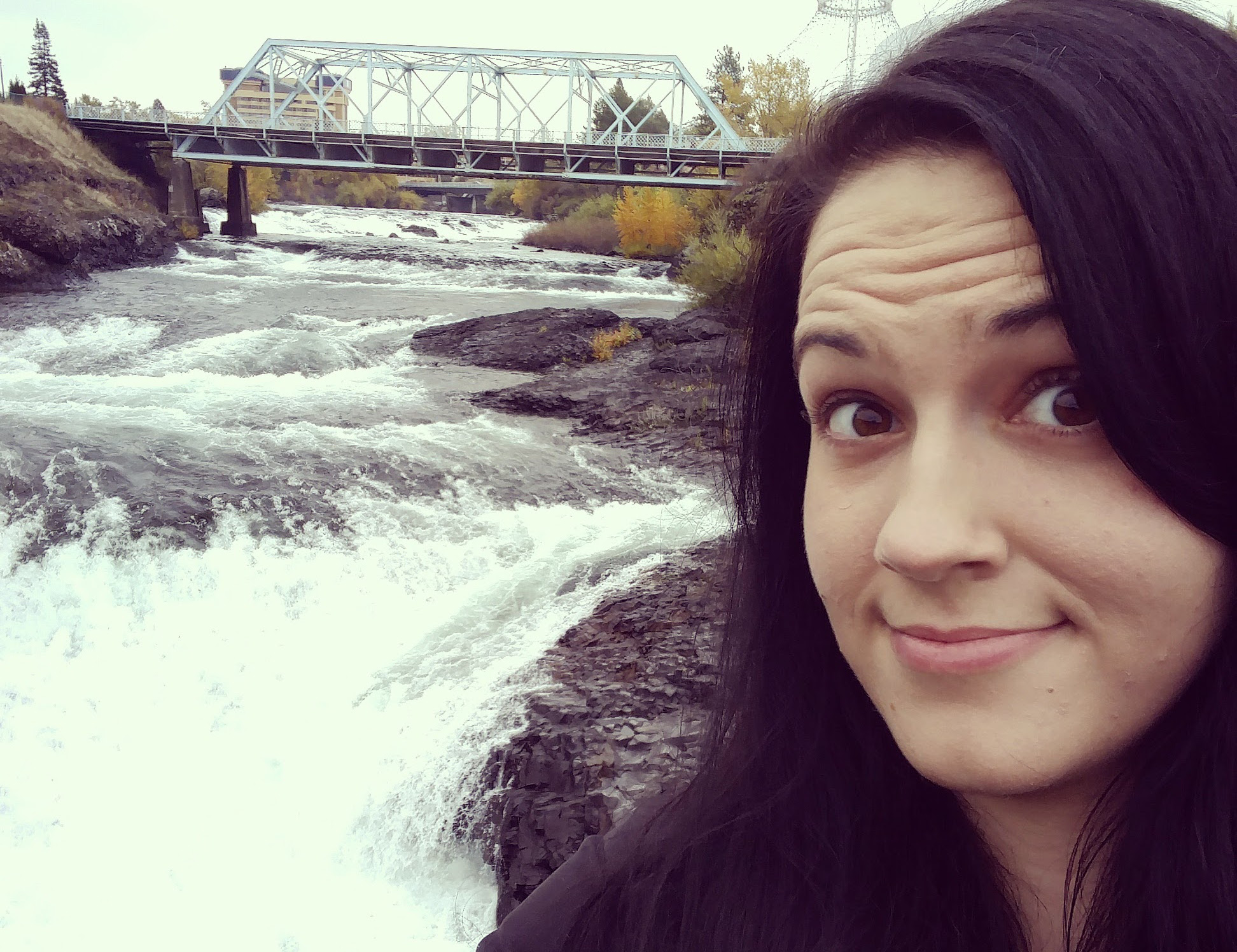
What is the most surprising benefit that practicing a FABM has brought to your life?
I think that the most surprising benefit that I’ve gotten from practicing a FABM has definitely been peace of mind. Now that I know that my cycles truly are abnormal (and why), I can be aware of where I am in my cycle and accept each day as it comes. I have a lot of frustration because of the problems I’ve discovered in my body, but Fertility Awareness helped me identify what they are, which is the only good way to actually develop a well-researched plan of action. My life revolves around the need to know everything, and I know so much more about my body now than I ever have.
What would you do differently if you could go back in time to your teen self?
If I could go back to my teenage self, I would provide every possible resource and sign up for a class to learn about Fertility Awareness. I think that it’s basic body literacy that every girl needs to have, and I hope to be able to teach at least some of the women and girls in my life to have an appreciation for all of the things their bodies can do.
Where do you see the future of FABMs?
I love technology so much and I think that as more women learn the reality of Fertility Awareness-Based Methods – that they aren’t just writing down when you had your period on a calendar – that we’re going to get more and more tech supporting Fertility Awareness. Since I work in the tech world, it’s so exciting for me to see everything unfolding. Already, we’re seeing smart devices are starting to get interested in the idea of cycle tracking; hopefully they’ll take it one step further and add features to help women chart their cycles thoroughly. As far as my future with FABMs, I’d like to help spread the word and the thirst for knowledge to women – it doesn’t take a degree and it doesn’t take special equipment to understand your body. However, the people who do have degrees and equipment can definitely work with you to learn more and build the knowledge together. I’m hoping to get certified through an accredited program to teach a few people and bring more tech into the Fertility Awareness world.
Do you have any advice or tips for other women who are curious about starting to chart?
You CAN do it, and it IS worth it. The knowledge and self-understanding that FABMs will bring to your life are worth the effort that it takes to learn the methods. Our bodies are full of science, and we should be embracing that instead of shutting it down. FABMs teach connections that are integral to understanding your body as a whole, and the amount of effort that it takes (5 minutes a day, max) is so minimal compared to the reward you’re getting. Find friends in the Fertility Awareness world, because that’s how women empower each other.
Lastly, where can we find you?
You can find me over at solvingladylife.com where I write about Fertility Awareness and life hacks for women!
Thanks so much for sharing, Liza!
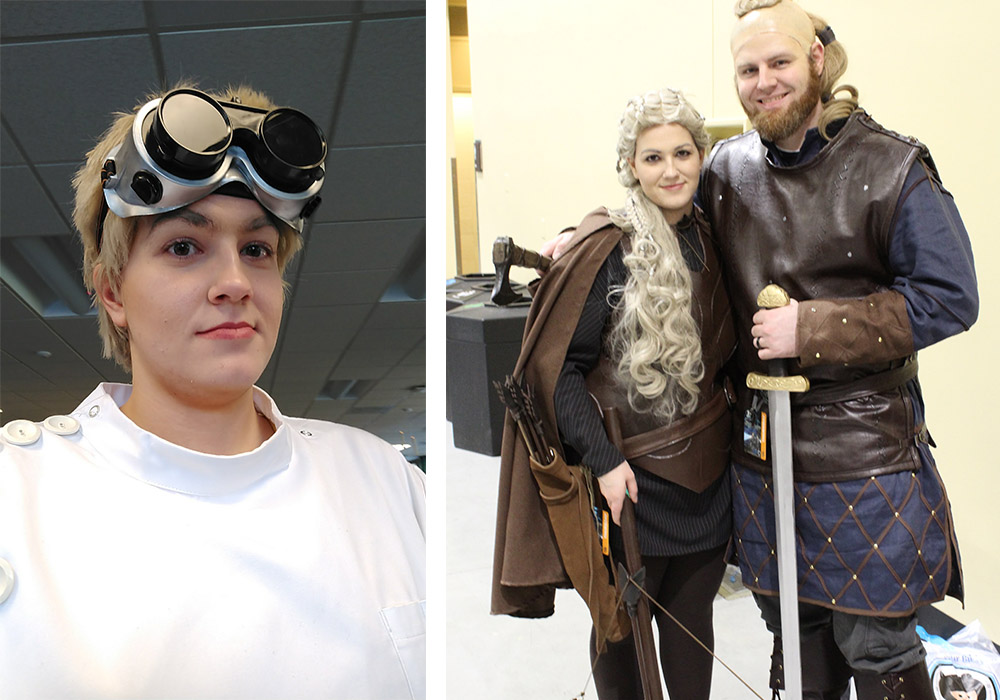
Do you have a story you are ready to share about your journey with Fertility Awareness-Based Methods? Contact me via the form at the bottom of this page to organise an interview!
